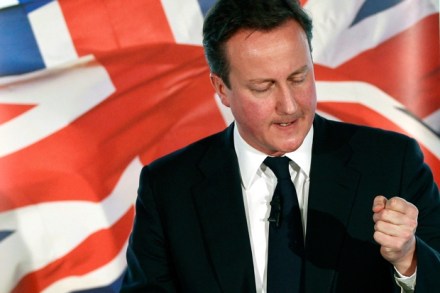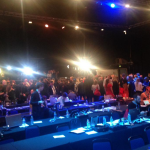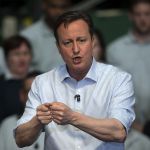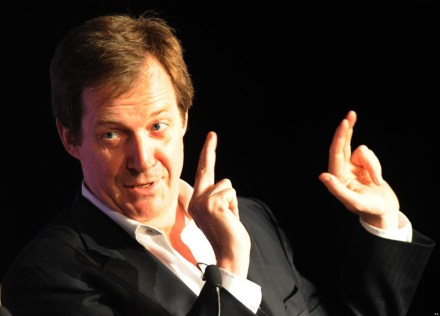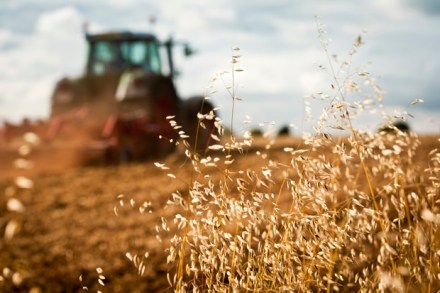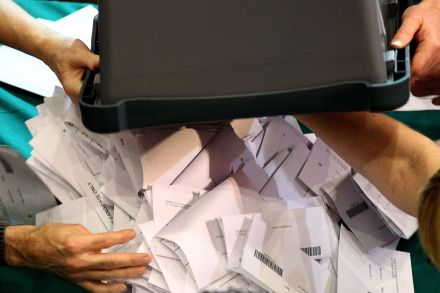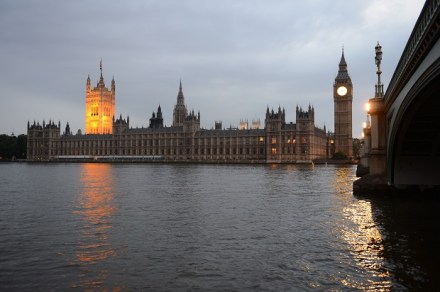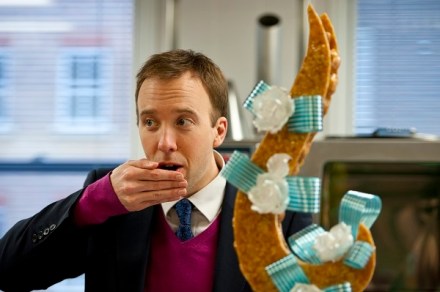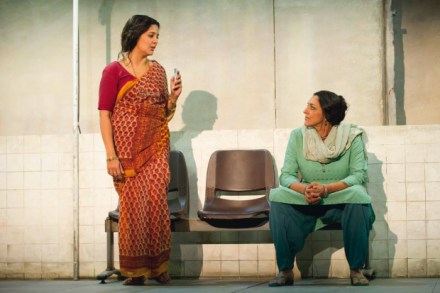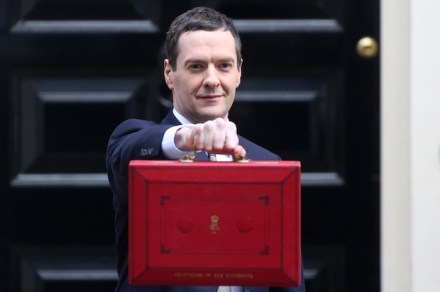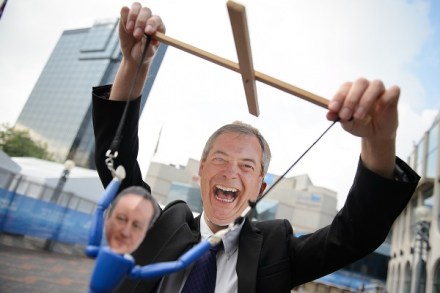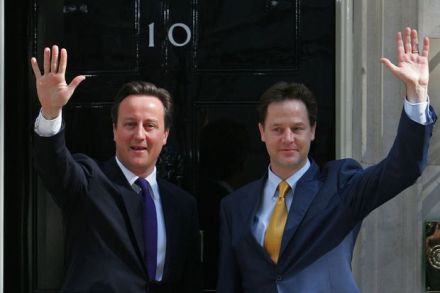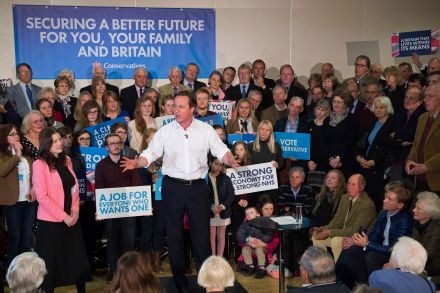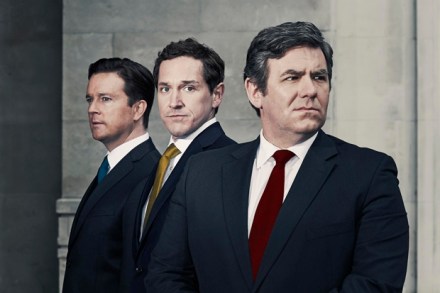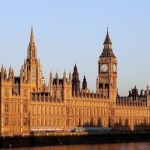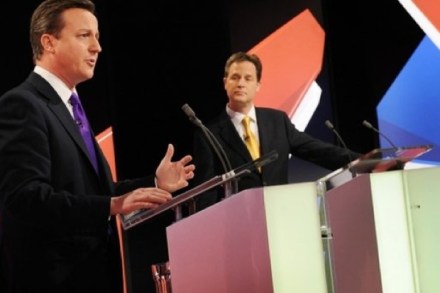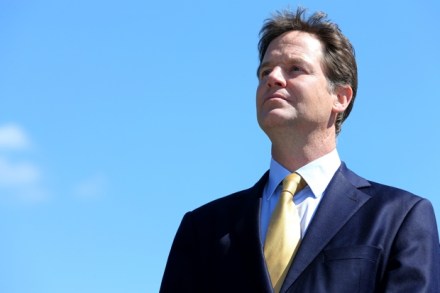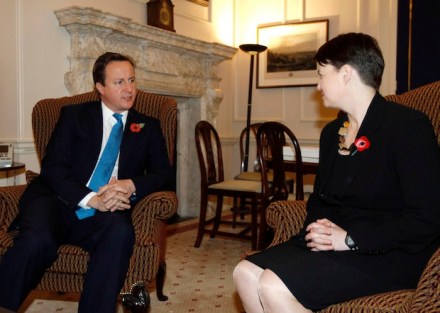The right choice
[audioplayer src=”http://az592690.vo.msecnd.net/media/channels/viewfrom22/acasts/theelectionwhereeverybodyloses/ALL/ALL/ALL/viewfrom22-theelectionwhereeverybodyloses.mp3″ title=”Fraser Nelson and James Forsyth discuss the election with one week to go” startat=55] Listen [/audioplayer]When election day dawns, it’s worth bearing in mind that two million more people will be going to work than when David Cameron came to power. On an average day in Britain, there are 1,500 fewer reported crimes than there were before Theresa May was made Home Secretary. Some 2.2 million pupils now attend independent schools within the state system — schools given freedom through Michael Gove’s reforms. There is nothing theoretical about the advantages of Conservatism: they can be seen in classrooms, workplaces and streets all over Britain. But all this progress could be
